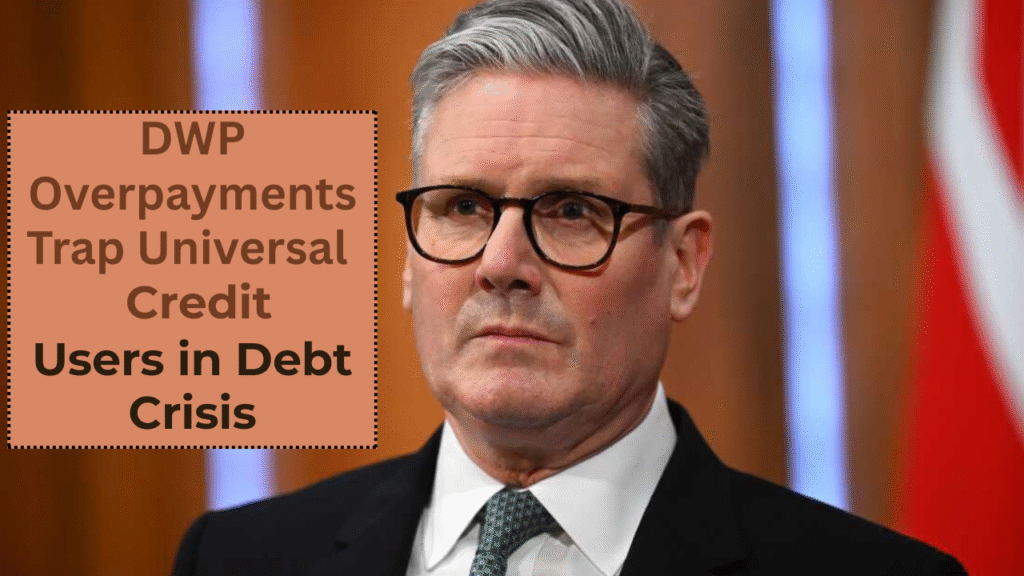In May 2025, the UK welfare system is undergoing significant changes, impacting millions of benefit recipients. From payment increases and early disbursements to stricter eligibility rules and the ongoing transition to Universal Credit, it’s crucial to understand how these developments might affect you.
Universal Credit: Early Payments and Rate Increases
Early Payment Due to Spring Bank Holiday
With the Spring Bank Holiday on Monday, May 26, 2025, recipients of Universal Credit and State Pensions will receive their payments earlier, on Friday, May 23. This adjustment ensures individuals are not financially disadvantaged during the long weekend. However, payment dates may vary based on individual claim schedules, and claimants are advised to budget accordingly since the next payment remains on its original date. In case of missing payments, the Department for Work and Pensions (DWP) helpline is available for assistance.
Increased Payment Rates
Starting this week, millions of individuals receiving Universal Credit in the UK will experience a pay rise due to a long-anticipated benefits boost announced by the Department for Work and Pensions. Payments are increasing by 1.7% to 4.1%, with additional enhancements for carers and parents. Because Universal Credit is paid monthly in arrears, only now will many claimants see the updated rates in their payments. Those with assessment periods starting before April 7 will receive the boosted payment in May, while others will have to wait until June.
Legacy Benefits: Managed Migration to Universal Credit
The UK government is urging approximately 400,000 households receiving income-related Employment and Support Allowance (ESA) to take action and switch to Universal Credit as part of its ongoing “managed migration” initiative. This migration began officially in July 2022 following a pilot in 2019 and targets claimants of six legacy benefits, including housing benefit and tax credits, which are being phased out.
Households receive a Migration Notice and are given three months to transition to Universal Credit; failure to do so results in a loss of benefits. So far, 381,440 individuals have lost their benefits due to inaction, and only around 200,000 have successfully transitioned. The DWP has accelerated the process, sending 83,000 notices monthly, with the aim to contact all affected claimants by September 2025 ahead of the March 2026 deadline.
Disability Benefits: Upcoming Changes to PIP
The Department for Work and Pensions has confirmed that over 150,000 individuals will see a reduction in benefits due to significant upcoming changes to Personal Independence Payment (PIP) assessments, set to begin in November 2026. These changes aim to reduce welfare spending and will affect both PIP recipients and their carers.
From late 2026, claimants must score a minimum of four points in at least one activity and eight points overall during assessment to receive the Daily Living Component of PIP, currently worth £110.40 per week. As a result, by the 2029/30 financial year, approximately 800,000 people may lose eligibility for the Daily Living Component, affecting an estimated 150,000 carers who rely on Carer’s Allowance or the Universal Credit Carer’s Element.
Benefit Increases Effective May 2025
Several benefits have seen increases starting this month:
- Attendance Allowance:
- Lower rate: £73.90 (up from £72.65)
- Higher rate: £110.40 (up from £108.55)
- Carer’s Allowance:
- Increased to £83.30 (up from £81.90)
- Child Benefit:
- First child: £26.05 (up from £25.60)
- Additional children: £17.25 (up from £16.95)
- Personal Independence Payment (PIP):
- Daily Living Component
- Higher rate: £110.40 (up from £108.55)
- Lower rate: £73.90 (up from £72.65)
- Mobility Component
- Higher rate: £77.05 (up from £75.75)
- Lower rate: £29.20 (up from £28.70)
- Daily Living Component
- Disability Living Allowance (DLA):
- Care Component
- Higher rate: £110.40 (up from £108.55)
- Middle rate: £73.90 (up from £72.65)
- Lower rate: £29.20 (up from £28.70)
- Mobility Component
- Higher rate: £77.05 (up from £75.75)
- Lower rate: £29.20 (up from £28.70)
- Care Component
- State Pension:
- Full new State Pension: £230.25 (up from £221.20)
- Full basic State Pension: £176.45 (up from £169.50)
- Pension Credit:
- Single: £227.10 (up from £218.15)
- Couple: £346.60 (up from £332.95)
Key Takeaways
- Early Payments:
Due to the Spring Bank Holiday, Universal Credit and State Pension payments will be made earlier, on May 23. - Benefit Increases:
Several benefits have increased effective May 2025, including Universal Credit, Attendance Allowance, Carer’s Allowance, Child Benefit, PIP, DLA, State Pension, and Pension Credit. - Managed Migration:
Claimants of legacy benefits are being asked to migrate to Universal Credit. Failing to do so within three months of receiving a Migration Notice may result in loss of benefits. - Upcoming PIP Changes:
Stricter eligibility criteria will apply to PIP from November 2026, likely affecting both recipients and their carers.
Staying informed about these changes is essential to ensure continued access to financial support. For further help, individuals can contact the DWP directly or seek guidance from support organizations such as Citizens Advice.




